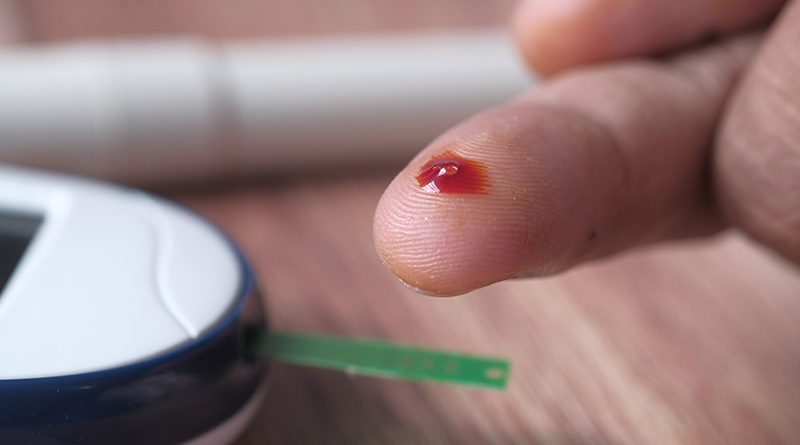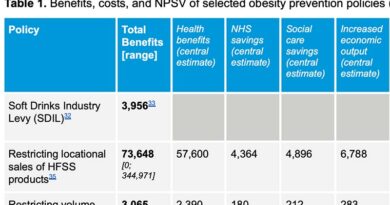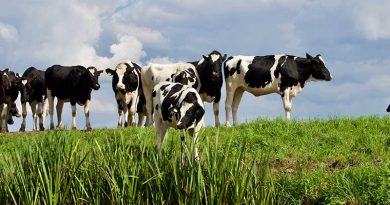Low-carb diets & insulin resistance

Executive Summary
* A study was published claiming that low-carbohydrate diets were associated with insulin resistance. Insulin resistance is the term used to describe an impaired response to insulin in the body.
* The study involved 120 people, but they were studied as if they were a population rather than participants in a controlled trial.
* The subjects measured their diet for seven days. Based on this, they were assigned to a so-called low-carb group (below 45% of their diet in the form of carbohydrate), a recommended carb group (45-65% carbohydrate) and a high-carb group (over 65% carbohydrate).
* Low carb hasn't been studied (45% carbohydrate is high carbohydrate in the low-carb world). If it hasn’t been studied, it can’t have been found guilty of anything.
* The numbers of people in each group were uneven, such that the results in the high-carb group were dismissed as 'not statistically significant.' The researchers should have split the groups differently to achieve significant results. The HC group was invariably the worst in reported results, but these were ignored.
* The findings of the <45% group having slightly higher insulin and glucose levels could be explained by reverse causation. The findings could also be explained by the concept of sensitivity. I explain what this is and how if sensitivity is the explanation for any observations, it would be a good thing.
* The bottom line though is that low-carb diets have not been studied. All participants together averaged 50% of their diet in the form of carbohydrate.
The rest of this article is available to site subscribers, who get access to all articles plus a weekly newsletter.
To continue reading, please login below or sign up for a subscription. Thank you.




